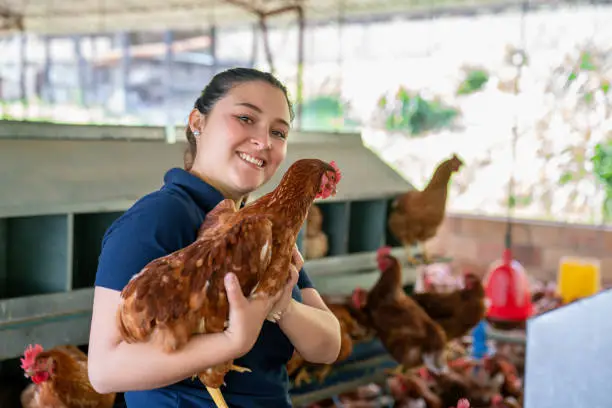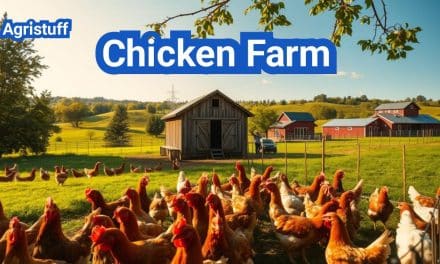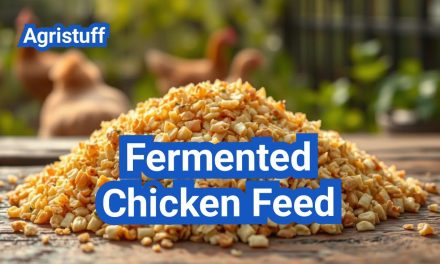Starting a poultry farm can feel overwhelming for beginners, but with the right knowledge and tools, it’s an achievable and rewarding venture. Whether you’re raising chickens, ducks, or turkeys, understanding the basics of poultry farming is crucial. From selecting the right breeds to building proper housing and managing diseases, every step plays a vital role in ensuring success. This guide will walk you through the essentials of starting a poultry farm, offering practical tips and insights to help you thrive in this growing industry.
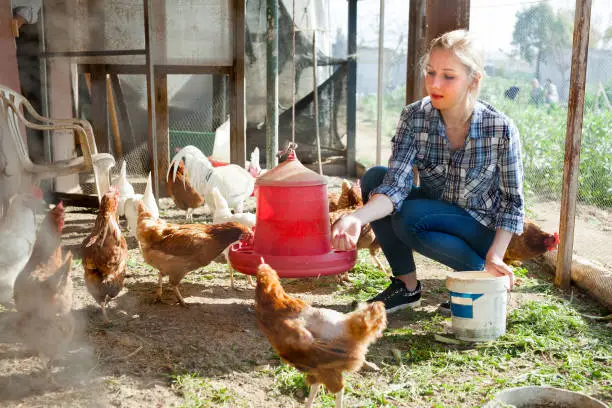
Understanding the Basics of Poultry Farming
Poultry farming is a cornerstone of global agriculture, driven by the rising demand for protein-rich foods like eggs and meat. Over the past 50 years, the industry has expanded significantly, making it a lucrative opportunity for both small-scale and commercial farmers. To succeed, you’ll need to master the following fundamentals:
- Effective Business Planning
A solid business plan is the foundation of any successful poultry farm. Start by outlining your budget, identifying your target market, and crafting a marketing strategy. Research your competition and explore niche markets, such as organic or free-range poultry, to differentiate your farm. - Choosing the Right Breeds
Your choice of poultry breed depends on your goals. For egg production, consider breeds like White Leghorns, known for their high egg-laying capacity. If you’re focusing on meat, broiler chickens are an excellent choice. Selecting the right breed ensures optimal productivity and profitability. - Proper Housing and Ventilation
A well-designed poultry house is essential for the health and growth of your birds. Ensure the coop has adequate space, proper lighting, ventilation, and temperature control. A comfortable environment leads to healthier birds and better yields. - Disease Management
Poultry diseases can devastate your flock if not managed properly. Implement a vaccination schedule, maintain strict hygiene, and provide clean water and balanced nutrition to keep your birds healthy. - Feeding and Nutrition
A nutritious diet is critical for the growth and productivity of your poultry. Invest in high-quality feed that meets the nutritional needs of your birds, including essential vitamins and minerals. - Waste Management
Poultry farms generate significant waste, but with proper management, this can be turned into an opportunity. Consider composting poultry waste to create organic fertilizer, which can be sold or used on your farm. - Leveraging Technology
Modern technologies like AI, IoT, and computer vision can revolutionize your poultry farm. These tools help monitor bird health, optimize feeding, and reduce mortality rates, boosting overall efficiency. - Ethical and Sustainable Practices
Consumers are increasingly demanding ethically raised poultry. Adopt sustainable farming practices, such as free-range systems, to meet market demands and ensure the welfare of your birds. - Compliance with Regulations
Ensure your farm adheres to all local and national regulations. This includes obtaining necessary permits, following animal welfare standards, and meeting environmental guidelines.
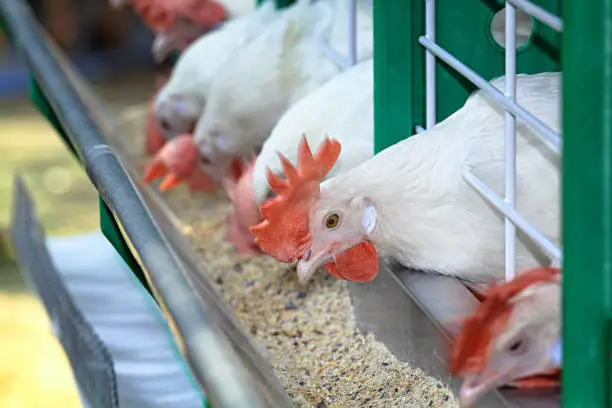
Setting Up Your Poultry Farm: Key Strategies
Building a successful poultry farm requires more than just agricultural knowledge. It demands a blend of business acumen, strategic planning, and adaptability. Here are some essential strategies to help you get started:
- Marketing and Branding
Create a unique brand identity that resonates with your target audience. Highlight your farm’s unique selling points, such as organic or hormone-free products, to stand out in the market. - Cycle Optimization
Efficiently manage the poultry lifecycle, from brooding and growth to production and marketing. Timely execution of each phase ensures maximum productivity and profitability. - Adaptability
The poultry industry is dynamic, with challenges like fluctuating feed prices and disease outbreaks. Develop a flexible business model that can adapt to changing conditions. - Continuous Learning
Stay updated on the latest trends, research, and technologies in poultry farming. Attend industry conferences, join online forums, and network with other farmers to stay ahead of the curve. - Integration and Diversification
Integrate your poultry farm with other agricultural activities, such as crop farming, to optimize resources. Diversifying into related products, like organic fertilizers or processed poultry goods, can also create additional revenue streams. - Skilled Workforce
Invest in training your staff to handle birds humanely and manage farm operations efficiently. A well-trained team contributes to better bird welfare and higher productivity. - Stakeholder Engagement
Build strong relationships with customers, suppliers, and local communities. Transparent communication fosters trust and enhances your farm’s reputation.
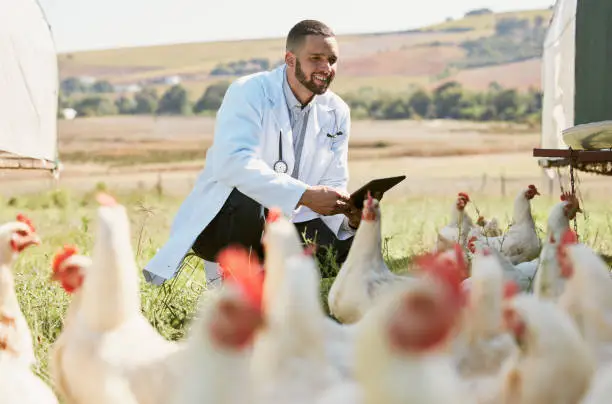
Feed, Health, and Management: Ensuring Success
The health and productivity of your poultry depend on proper feed, disease management, and efficient farm operations. Here’s how to excel in these areas:
- Nutritional Needs
Provide a balanced diet tailored to the specific needs of your birds. High-quality feed promotes growth, egg production, and overall health. - Disease Prevention
Implement a robust vaccination program and maintain strict biosecurity measures. Regularly inspect your flock for signs of illness and address issues promptly. - Best Practices in Management
Master techniques for egg handling, bird handling, and vaccination. Proper management ensures the well-being of your birds and the success of your farm. - Continuous Improvement
Regularly evaluate your farm’s performance and seek ways to improve. Stay informed about new research, technologies, and market trends to remain competitive.

